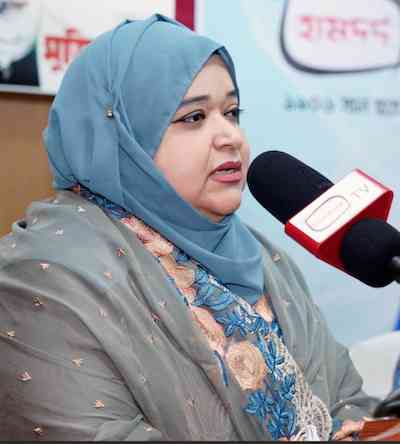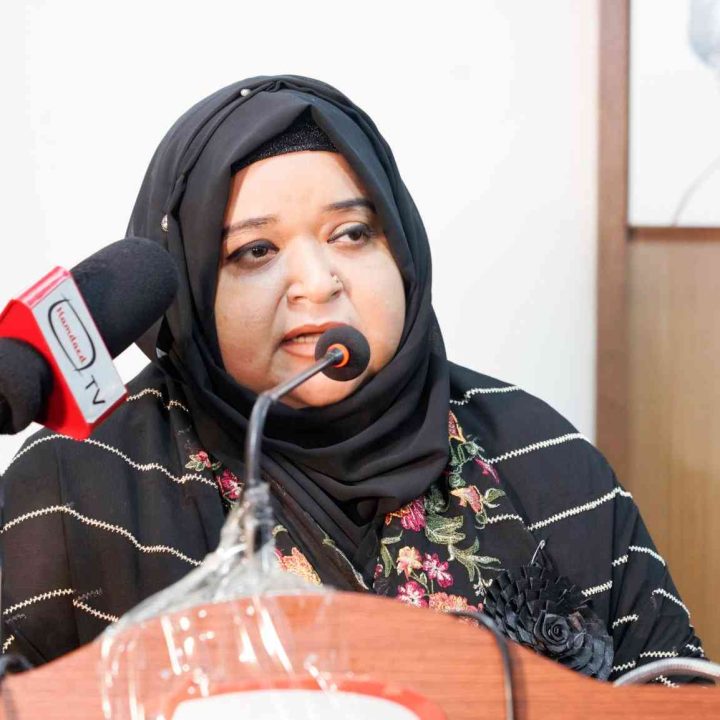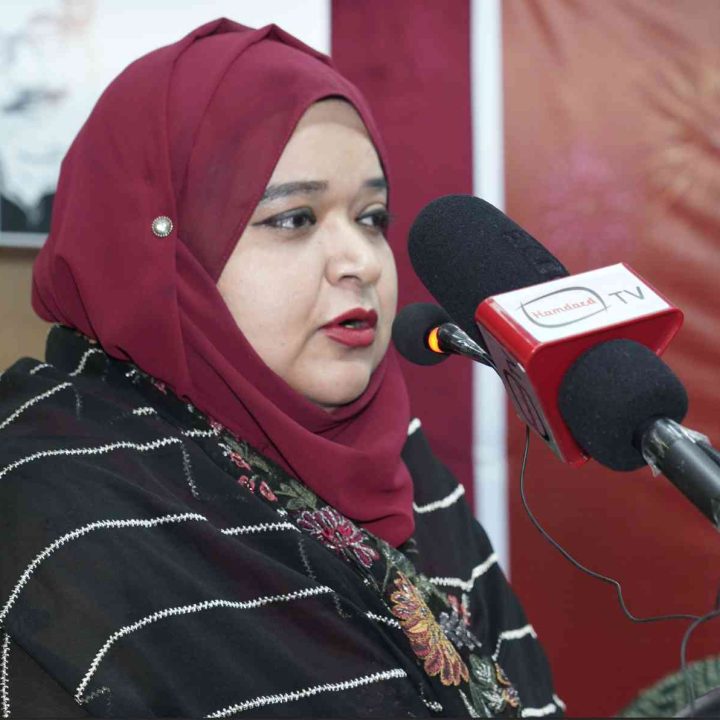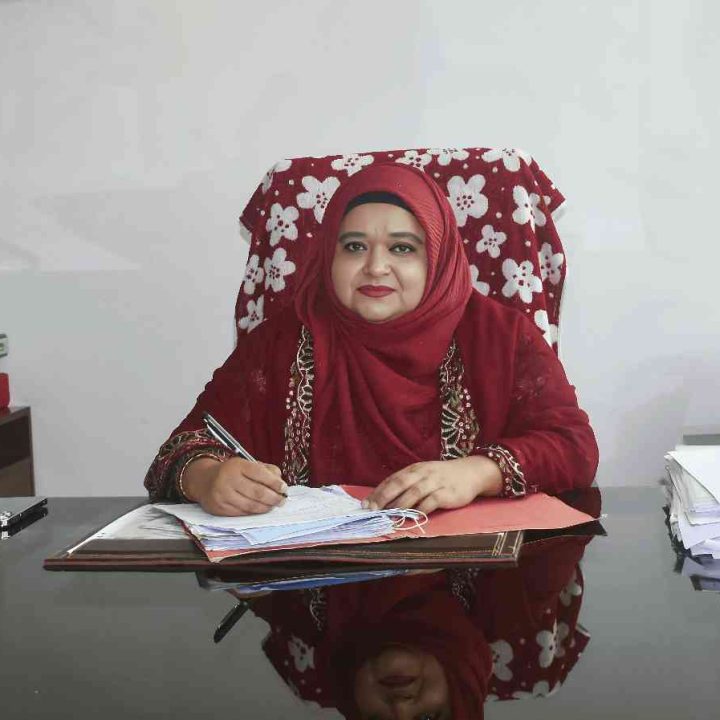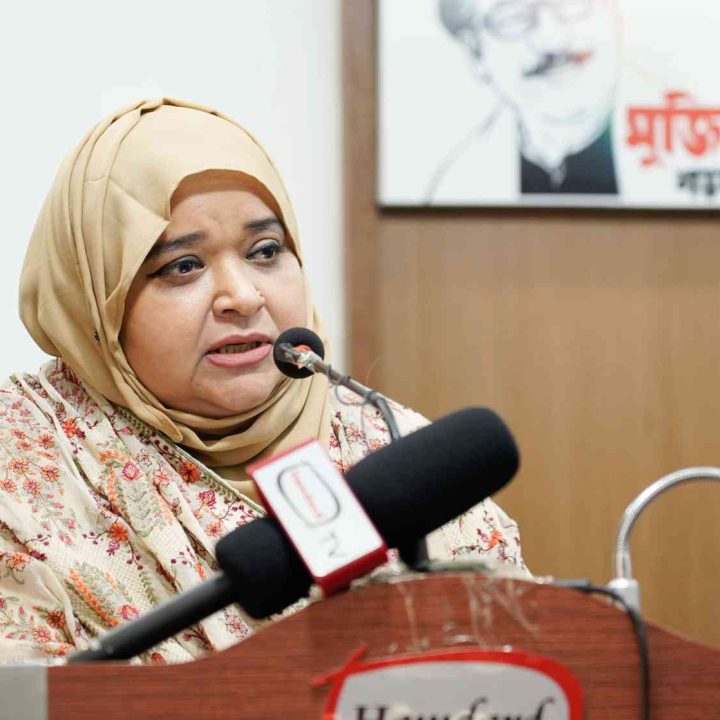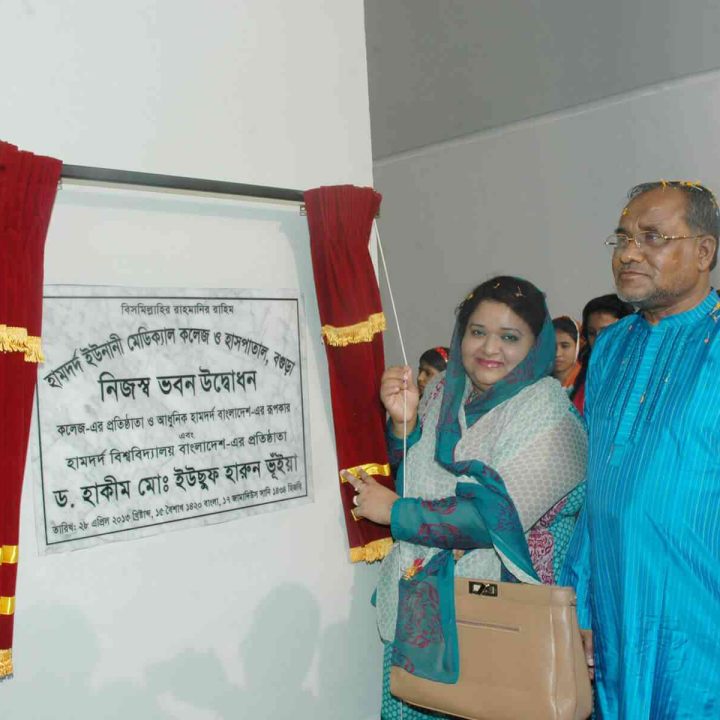- BANANI, DHAKA
- MOBILE : + 880 1715023243
Traditional Medicine

Traditional Medicine
Traditional medicine refers to the knowledge, skills, practices, and approaches to healthcare that are rooted in the beliefs, cultures, and experiences of a particular community or group. It encompasses a wide range of healing practices that have been handed down through generations within various societies. Traditional medicine is often deeply intertwined with cultural and spiritual aspects and may include herbal remedies, rituals, spiritual healing, and manual therapies.
Cultural Context: Traditional medicine is deeply connected to the cultural context in which it originated. It reflects the beliefs, values, and practices of a particular community or ethnic group.
Holistic Approach: Many traditional healing systems take a holistic approach to health, viewing the individual as a whole and considering the interconnectedness of the body, mind, and spirit.
Herbal Remedies: The use of plants and plant-based materials is a common feature of traditional medicine. Herbal remedies are often employed to prevent and treat various health conditions.
Rituals and Ceremonies: Traditional healing may involve rituals, ceremonies, and spiritual practices. These can be aimed at addressing not only physical ailments but also mental, emotional, and spiritual well-being.
Manual Therapies: Traditional medicine often includes manual therapies such as massage, acupuncture, or manipulation of the body’s energy flow. These practices aim to restore balance and promote health.
Energy Concepts: Many traditional healing systems incorporate the concept of energy flow within the body. Practices like acupuncture in Traditional Chinese Medicine and prana in Ayurveda are based on the belief that balancing energy promotes health.
Cultural Healers: Traditional healers, often known by different names (such as shamans, herbalists, or medicine men/women), play a central role in traditional medicine. They are respected members of the community with specialized knowledge and skills.
Examples of traditional medicine systems include:
Ayurveda: Originating in ancient India, Ayurveda emphasizes balance in bodily systems and incorporates herbal remedies, diet, and lifestyle practices.
Traditional Chinese Medicine (TCM): Based on ancient Chinese philosophy, TCM includes acupuncture, herbal medicine, and practices like tai chi and qigong.
Indigenous Healing Practices: Various indigenous communities worldwide have their own traditional healing practices, often involving a deep connection to nature, spiritual beliefs, and herbal knowledge.
While traditional medicine has been a primary source of healthcare for many communities, it’s important to note that not all traditional practices have been scientifically validated. Additionally, the integration of traditional medicine with modern healthcare is a complex and ongoing process, with efforts to recognize and respect the value of traditional knowledge while ensuring patient safety and efficacy. Collaboration between traditional healers and conventional healthcare providers is increasingly recognized as a valuable approach in certain contexts.
About
She has authored research articles on medicinal plants, published in the Journal of Hamdard University Bangladesh.
Quick Contacts
- Phone : + 880 1715023243
- ask@drnargishmarjhan.com
- Address : Banani, Dhaka
- Country : Bangladesh
- Copyright 2024 Dr, Nargish Marjhan


